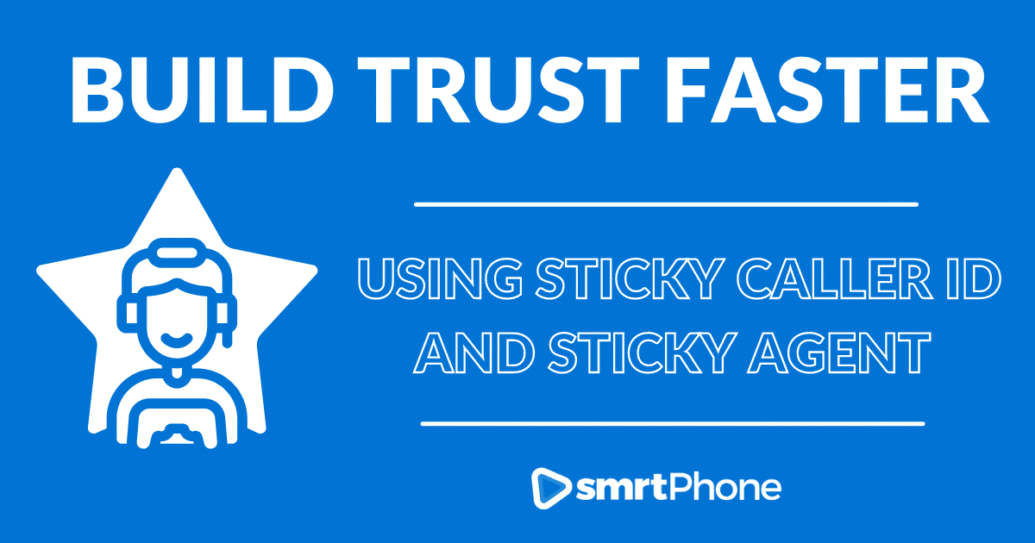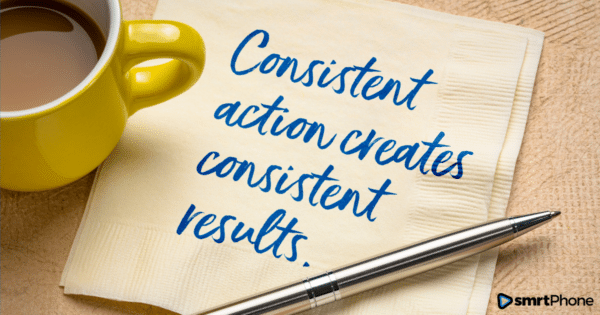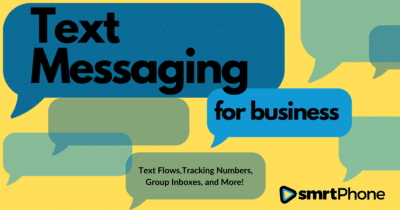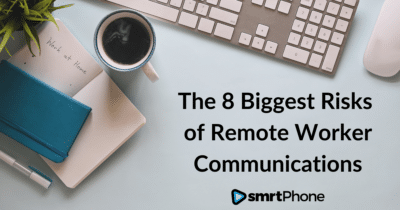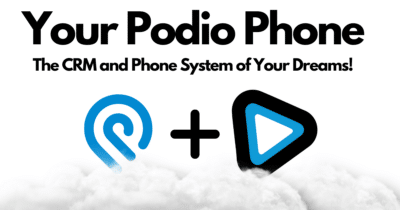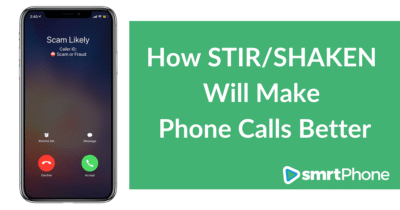Trust is the #1 Factor in Strong Sales
It’s not just common sense that tells us that trust is a critical component in closing deals. Every major research report on the sales process reflects the importance of building rapport and creating trust between buyer and seller – whether it’s between teams of people shaping a large deal or between a single consumer and an online brand in a small transaction.
88% of people agree that the salespeople they ultimately do business with are “trusted advisors,” according to LinkedIn’s State of Sales Report, 2020.
The data on the indispensable value of trust in sales never changes. However, the tools and techniques to build meaningful sales relationships evolve with time, technological advances, and industry shifts.
The right technology, deployed properly at the right time, assists emotionally intelligent sales professionals in scaling their pipeline, increasing throughput, and closing more deals. Automation and artificial intelligence help nurture the building blocks of trust more efficiently and effectively.
Consistency is the Easiest Building Block of Trust to Affect
Similar to how there is much agreement about how vital trust is in sales, there is alignment about the elements that come together to build trust. Credibility, empathy, and consistency are the oft-cited building blocks of trust. (Although a 2019 Harvard Business Review article entitled “The 3 Elements of Trust” refer to them as Expertise, Positive Relationships, and Consistency.)
Credibility is directly related to knowledge and experience. Sales professionals can demonstrate credibility through proven results using social proof (case studies/testimonials), understanding of market data and statistics, and the ability to speak confidently to the topic at hand. Credibility can also be tied to the company brand they are representing.
Empathy is an element of emotional intelligence that includes active listening, showing care and concern for others, and detailing the value of a deal to the other party. Although some see being empathetic as an innate quality, it can actually be taught. It’s a soft skill that can be honed with practice.
Consistency is about honesty, predictability, and dependability – having expectations properly set and met. As a matter of evolutionary survival, our brains are wired to be skeptical. But, familiarity breeds favorability. The more a prospect has their expectations met and they begin to build a rapport with the sales rep, the more likely they are to view the relationship in a positive light (aka build trust.)
What’s interesting about these three building blocks of trust is that the one you can most easily and quickly affect is Consistency. It’s a practice you can start today and reap the rewards immediately. It’s also the only factor in trust building that can truly be assisted by technology. Automation and artificial intelligence can be harnessed to build a setting that supports consistency and all of the benefits that come with it.
smrtPhone Tools that Help Build Consistency
There are two smrtPhone features that can help with sales Consistency in your ongoing phone communications with prospects: Sticky Caller ID for outbound calls and Sticky Agent for incoming calls.
Sticky Caller ID
For outbound dialing, Sticky Caller ID is a feature you can set to ensure that all calls to a prospect are always placed using the same phone number. Seeing a familiar number on an incoming call increases the likelihood that your contact will answer the phone. This saves the time of leaving voicemails, playing phone tag, trying to catch each other, accelerating the pace of the deal. It also creates the subconscious message of stability – always calling from the same number is reassuring to leads.
To turn on Sticky Caller ID, one of your smrtPhone Administrators needs to head over to Users and select the Agent for whom you’d like to activate the feature by clicking the Settings gear icon to the right of their name. Under Dialer Settings you can toggle Sticky Caller ID on/off. Now, when a call is placed to a lead who has been contacted already, the system will use the Caller ID of the last number used to communicate with them. It’s important to note when Sticky Caller ID is turned on in your User Dialer Settings, it takes priority over Geo Caller ID.
Sticky Agent
For incoming calls, activating Sticky Agent means that the last person who talked with the lead will be the first one dialed. Sticky Agent is a setting within the Round Robin applet in the Flow Builder. Your smrtPhone system will first try the contact who last spoke with the lead. If the intended agent does not answer, the Round Robin applet will continue in its usual manner, ringing agents in the order of the group. This increases the chance of a live person answering the call rather than voicemail, which extends the sales cycle. They can either handle the call, contact the intended agent and transfer the call, or take a message.
With both Sticky Agent and Sticky Caller ID, they are features you can activate to make the system do the heavy lifting for you to improve Consistency. It has an additive effect, improving your image in the eyes of prospects. Greater Consistency means greater predictability and familiarity to your lead, which translates into greater trust. Greater trust increases the likelihood of closing a deal.
